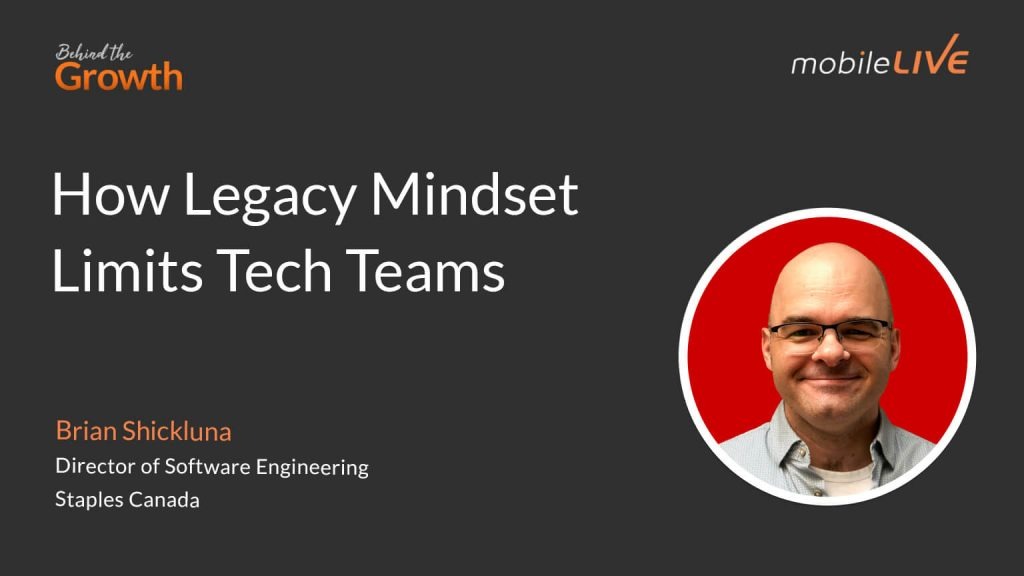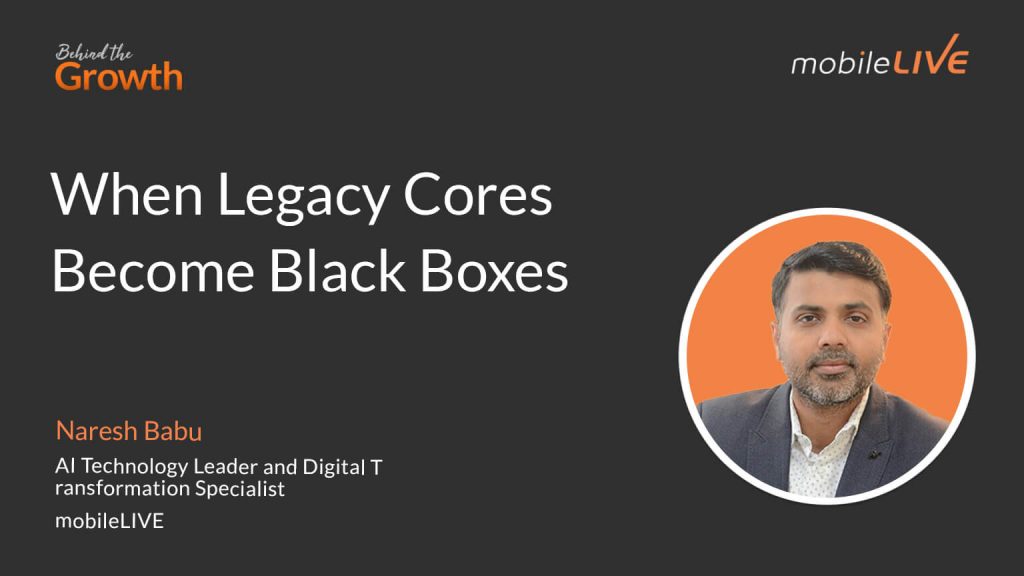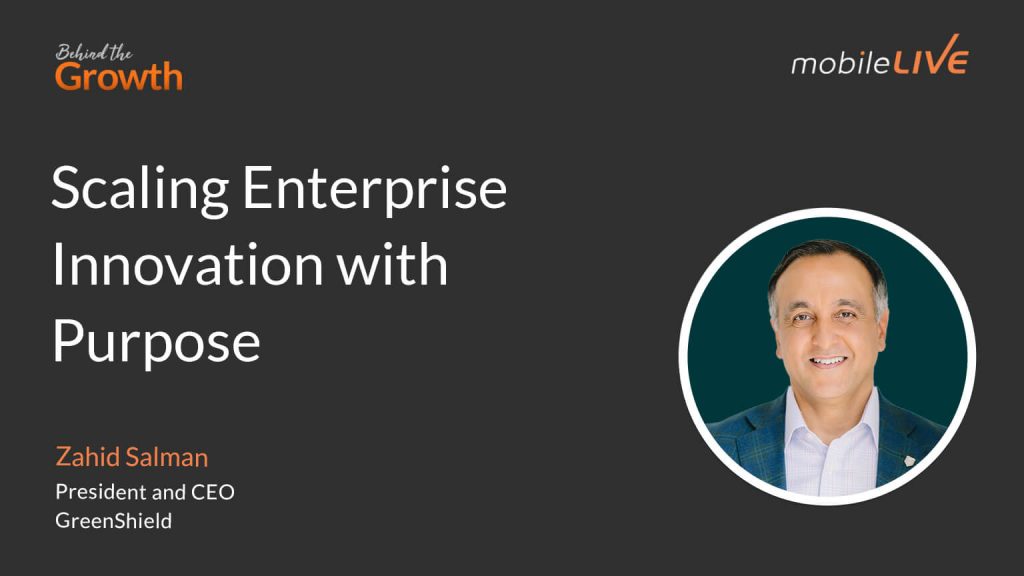Key Insights
Align Partnerships Around Shared Outcomes, Not Transactions
The most impactful corporate partnerships start with a clear alignment on the issues both sides care about, followed by active listening to understand each other’s expertise and constraints. Companies often bring resources, networks, and problem-solving capabilities, while nonprofits offer deep knowledge of the problem space and community dynamics. When these elements come together, partnerships move beyond simple sponsorships to create lasting change. Valerie discusses how successful vendor and ecosystem relationships work: value emerges when both sides co-create solutions rather than exchange resources.
Use Data and Evidence to Drive High-Stakes Innovation
Shifting from distributing grants to piloting new service models and measuring outcomes with data and evidence requires taking calculated risks, being prepared to pull funding when initiatives don’t work, and doubling down on models that prove effective. This reflects a disciplined innovation approach: testing new ideas at a small scale, tracking meaningful metrics, and iterating quickly based on results. Innovation, whether in technology or social services, requires a willingness to experiment while maintaining accountability through data. Reflecting on the approach adopted by the foundation, Valerie encourages that leaders who adopt this mindset can advance transformation initiatives without exposing the organization to uncontrolled risk, ensuring resources are focused where they deliver the most impact.
Redefine Success Through Stakeholder Feedback and Real Needs
For many, success might mean simply taking the next step forward, not fitting into a traditional benchmark. Valerie shares how youth advisory groups challenged the foundation’s original definition of success, which focused narrowly on graduation and employment metrics. This feedback led the organization to broaden its success criteria and design programs that reflect real needs. Whether implementing a new technology or redesigning a customer journey, measuring success only by internal KPIs risks overlooking what truly matters to end users. Leaders who actively listen to the voices of those impacted by their strategies can create more effective solutions, drive adoption, and achieve outcomes that resonate beyond the organization.

Episode Highlights
Faking Enthusiasm in Corporate Life
Valerie shares how early in her corporate career, she realized she was forcing herself to stay engaged in work that lacked personal meaning. This candid reflection reveals how quickly leaders can recognize misalignment between values and work, even when outwardly successful.
“It was going quite well, except for just one important fact. It was that I was faking my enthusiasm from the very first week.”
The Invisible Crisis of Children in Care
She describes how the challenges faced by children in government care remain largely unseen by the public. Unlike hospitals or visible institutions, these issues are embedded within communities and often overlooked, despite the scale of impact.
“It’s not like a hospital where you kind of drive by it you know what’s going on. This issue is a bit more embedded in local communities and harder to see.”
Success Redefined by Those Who Live It
Valerie recalls how youth with lived experience challenged the foundation’s language around success, pushing for a definition that reflects individual realities rather than narrow societal metrics. Their input reshaped the organization’s vision and programming.
“Success for many young people from care might just be getting out of bed this morning and taking a next step, period.”
Innovation Means Accepting What Won’t Work
She explains how the foundation adopted a venture mindset for social programs — testing models, measuring milestones, and being ready to withdraw from initiatives that fail. This willingness to take risks while safeguarding outcomes is central to driving meaningful change.
“We have to expect some of them aren’t going to work and be ready to pull funding out.”
Corporate Leaders Must Listen First
Valerie recalls an early meeting with business leader Michael McCain, who admitted being humbled by the complexity of the charitable landscape and emphasized the importance of listening before offering solutions. This moment underscores how real impact starts with understanding, not assumptions.
“He basically said I was humbled by that and I’m just hoping I can help with it.”







